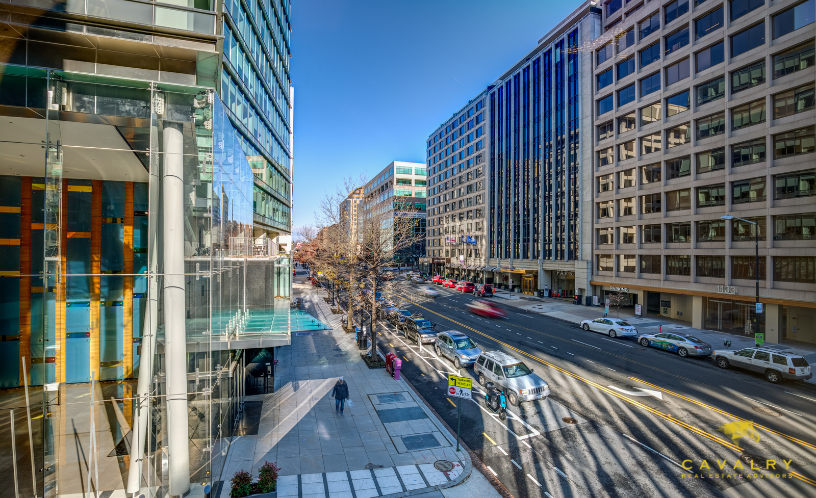Buyers and Owners Beware: Misclassified Real Estate Will Cost You

As a commercial real estate owner in Washington, D.C., did you know your building can be taxed at different tax rates based on use type? Or that if leasing activity at your building has stalled, the tax rate on your property could triple? Because of these tax rate nuances, thousands of commercial building owners in the District of Columbia with misclassified real estate assets overpay taxes each year.
Tax Rates are Anything but Simple
From The Office of Tax & Revenue:
A tax rate is the amount of tax on each $100 of the assessed value of the property. The rates are established by the Council of the District of Columbia and may change from year to year. The amount of tax due is determined by dividing the assessed value of the property by $100, and then multiplying that amount by the applicable tax rate for the property.
Now, about those “applicable tax rates.” In Washington, D.C., there are four different classes of real estate tax rates.
Class 1 (.85%) is for all residential properties, which includes apartments for rent.
Class 2 is for all commercial buildings. Within Class 2, the tax rate varies from 1.65% to 1.89% (rates current as of the time of this blog post) depending on the assessed value of your commercial property.
Class 3 is 5% and reserved for vacant properties.
Class 4 is for properties classified as blighted – with a whopping 10% rate.
Where it Gets Tricky
If you have a mixed-use property with retail on the ground floor and apartments above, you may still be paying the full freight of a commercial rate. Sometimes when buildings have been converted from pure commercial to partial residential, the tax rate doesn’t automatically change. That is an oversight that can be successfully appealed and save you boatloads of money.
Additionally, if you have a vacant retail or office space and a neighbor is tired of looking at it, they can report your building to the Department of Consumer and Regulatory Affairs. If that happens, you’ll receive a letter in the mail threatening to increase your tax rate to 5% if certain information is not provided. Worse yet, if you have a property in disrepair or subjectively deemed to be blighted, you will be hit with a massive 10% tax rate on your next tax bill.
Despite these nuances and often subjectively determined rate assignments, you can successfully appeal these unforeseen changes, warding off potentially devastating tax bill surprises. At Cavalry we have developed processes to do just that, saving commercial building owners millions of dollars through our unique understanding of these nuances and the market. If you’re expecting to take a hit when your next tax bill comes due to misclassified real estate, reach out now – it’s never too early to start prioritizing your tax strategy.
BACK TO ARTICLES